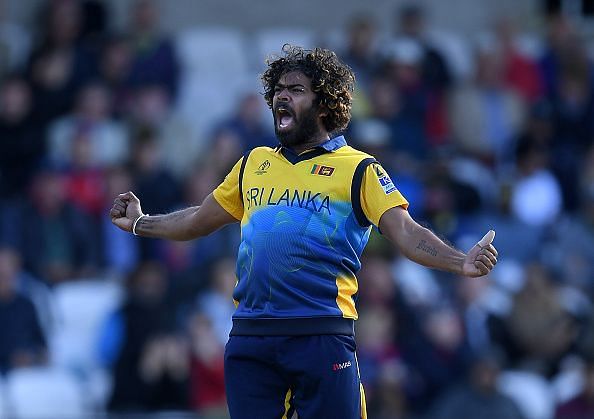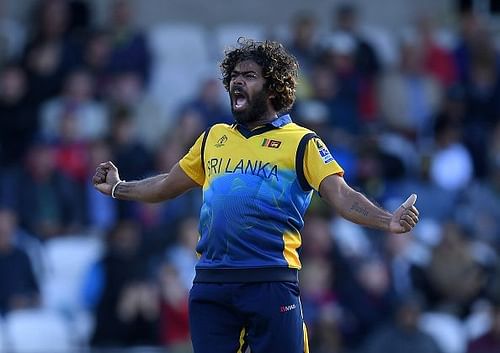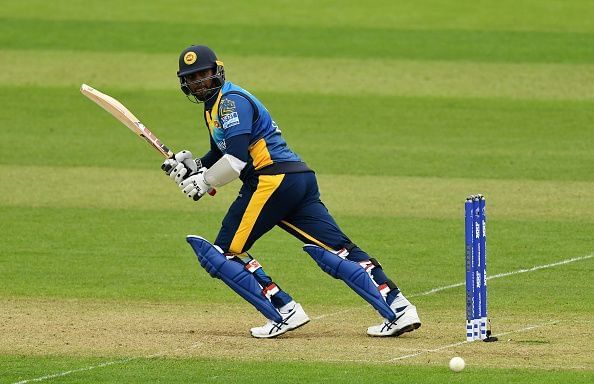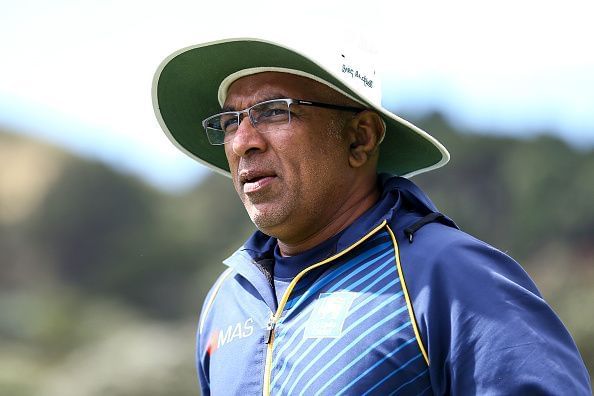
Where does Sri Lanka cricket go from here?

Sri Lanka had a better than expected performance at the World Cup, but that is not saying much given that so little was expected of them following a poor few years of international performances.
Yet, the poor performances are only part of the malaise affecting Sri Lanka cricket. There has been a general sense of chaos, dysfunction, corruption and insecurity that started at the top of Sri Lanka's cricket administration and has slowly filtered down to the representative teams themselves.
The problems with Sri Lanka's cricket are multi-faceted: the excess of teams in domestic cricket spreading players too thin instead of focusing on talent, government interference in the form of the Sports Minister having to approve every squad selected, short-term decisions taken by the administrators to consolidate power rather than properly manage the sport, and most seriously of all, the creation of a toxic environment that had every person involved with Sri Lanka cricket constantly looking over their shoulders.
This sense of chaos filtered down to the team as well, with Sri Lanka cycling through different coaches, captains and squads in an effort to address their fall in the rankings and improve their standings. What they achieved was the opposite: players often playing under the thought of losing their place due to one poor performance, coaches going about their duties with excessive oversight, and captains not given enough confidence and support to run the team.

Angelo Mathews should have been leading Sri Lanka at the mega event. He was one of the few players that everyone in the team got along with, who put the team above all else, and who tried his best to keep Sri Lanka competitive. But the constant politicking from the board and reshuffling of the selectors and coaches meant that he did not get the ideal level of support that he should have gotten from his superiors; the pressures of the job forced him to give up thoughts of leading Sri Lanka ever again.
This is not meant as a slight to Dimuth Karunaratne, who led Sri Lanka admirably at the tournament.
Former coach Graham Ford was appointed due to his proven track record working with younger players and positive impressions from his previous stint as coach of Sri Lanka. But it cannot be said that he had the best players available to him at any time, because the selectors prioritized short-term fixes over long-term ones.
A poor tour of South Africa culminated in the appointment of a manager to oversee Ford, which Ford felt was encroaching upon his role as coach and led to him stepping down.
Chandika Hathurusingha was appointed to provide stability and confidence to his players, and he arrived on the back of a good tenure as Bangladesh head coach. While he erred in alienating Angelo Mathews following their exit from the Asia Cup last year, he has shown glimpses of what he can help Sri Lanka achieve if given the space and freedom to implement his vision.
But a new selection committee and management curtailed his powers, and reports now suggest that his resignation has been demanded following a poor few months in charge - which will only lead Sri Lanka into further chaos.

Sri Lanka is the country that gave cricket four of the best international bowlers in Muttiah Muralitharan, Chaminda Vaas, Lasith Malinga and Rangana Herath. It gave cricket an exceptional batsman and fine orator in Kumar Sangakkara, and one of the best tacticians in Mahela Jayawardene. And despite all the chaos, Sri Lanka is still finding exceptional talent.
The likes of Kusal Mendis, Avishka Fernando, Kusal Perera, Dinesh Chandimal, Dimuth Karunaratne, Lasith Ambuldeniya, Vishwa Fernando, Dhananjaya de Silva, Dushmanta Chameera, Suranga Lakmal, Thisara Perera and Mathews himself have shown that there is talent in Sri Lanka that can make the team a competitive force in international cricket once again if properly guided and managed.
But that would require giving them the space and freedom to go about their work. To not drop them after one poor series, but to stick with them and give them confidence. To not interfere in selection decisions, and to not impede the responsibilities of the coaches.
It would require properly managing the game in Sri Lanka itself - creating more competitive structures and better pitches that suit all kinds of bowlers, and governing in the best interests of the game itself rather than in the best interests of the administrators.
It would require taking decisions that will help the long term growth of the game. It would require enduring a few years of pain and poor performances en route to better ones.
It would require taking a series of harsh decisions now if Sri Lanka are to avoid irrelevance in the future.